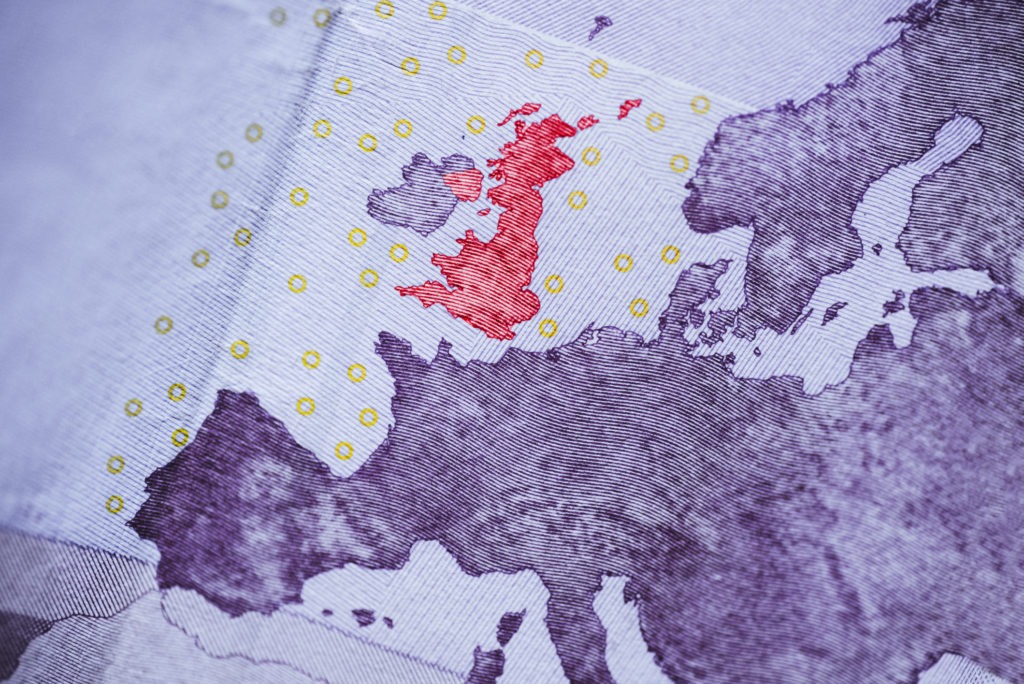UK will not align with EU regulations after Brexit
20 January 2020

20 January 2020
UK Chancellor Sajid Javid has said that the country will split from EU regulations after Brexit, causing an outcry from the automotive industry.
With Brexit scheduled to occur at 11pm on 31 January, there will be a transition period until the end of 2020 for the UK to negotiate a trade deal with the EU. Javid suggested that following this period, the Government would look to forge its own path rather than keeping certain regulations in common with the continent.
′There will not be alignment, we will not be a rule-taker, we will not be in the single market, and we will not be in the customs union ″†and we will do this by the end of the year,’ Mr Javid told the Financial Times, urging companies to ′adjust’ to the new reality.
′There will be an impact on business one way or the other, some will benefit, some won’t,’ he added.
During election campaigning last year, Prime Minister Boris Johnson told workers at Nissan’s Sunderland plant, which is under threat, that his deal protected standards and regulations, in stark contrast to Javid’s comments.
Uncertainty continues
The news has provoked the automotive industry in the country, which has already suffered from continued Brexit uncertainty and was looking to move forward in 2020. Carmakers and suppliers are hoping for a new trade agreement that will keep the current ′frictionless’ plan, a move that will keep costs low and not cause manufacturing delays.
However, any move to create new regulations that differ from the EU will cause headaches for some. One example is in the area of type approval. The need for vehicle homologation in both the EU and UK will add costs to a manufacturer’s budget, could create delays or even see models removed from sale in the country as carmakers focus on the bigger European market.
If the UK abandons EU standards and sets its own rules, companies wanting to sell vehicles in the country are likely to need to obtain a separate certificate to do so, increasing their costs of making vehicles specifically for the UK market. While Europe’s car market amounts to 15 million units a year, the UK market is much smaller at 2.3 million units.
Frictionless trade
′Both sides [Government and automotive industry] want a thriving sector’, SMMT chief executive Mike Hawes said. ′We want to work with the Government to help reach a mutually beneficial arrangement on regulation that safeguards UK manufacturing and consumer choice by allowing vehicles built in the UK to be sold in the EU and vice versa without additional requirements that would add billions to the cost of development.’
′Automotive trade between the UK and EU is uniquely integrated, and our priority is to avoid expensive tariffs and other ′behind the border’ barriers that limit market access.’
Any additional costs are likely to cause carmakers to consider their operations in the UK. During election campaigning last year, Prime Minister Boris Johnson told workers at Nissan’s Sunderland plant, which is under threat, that his deal protected standards and regulations, in stark contrast to Javid’s comments.
PSA Group has also warned over the need for a clear approach to Brexit with a deal in place and costs managed before it commits to producing new vehicles at its Ellesmere Port plant.